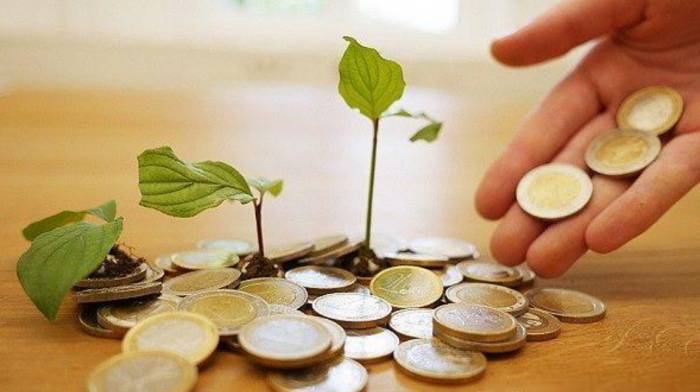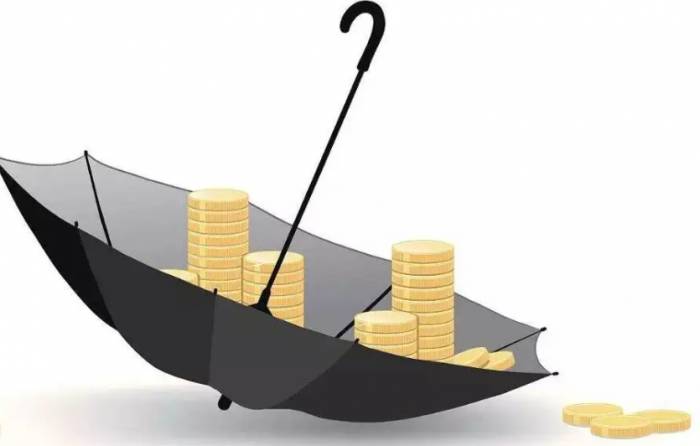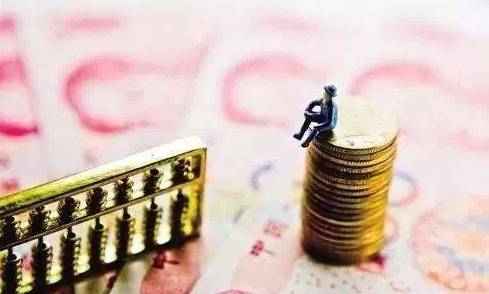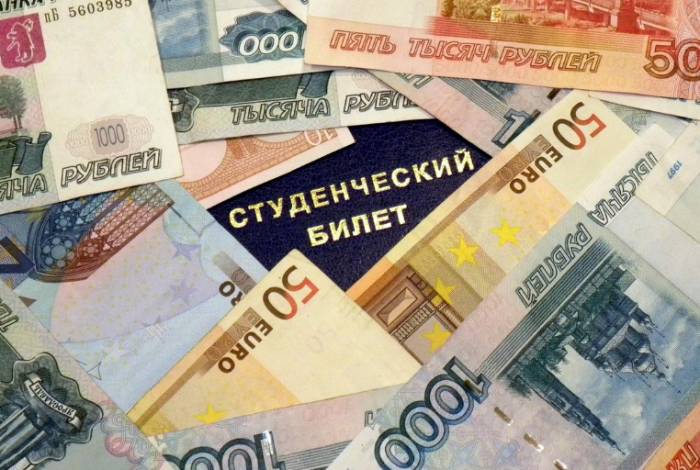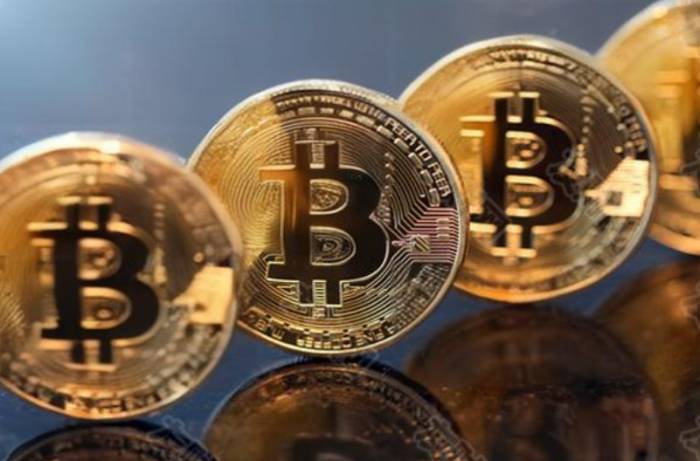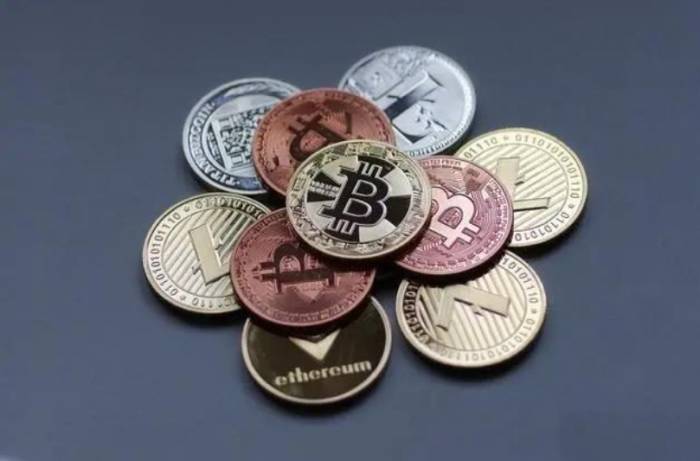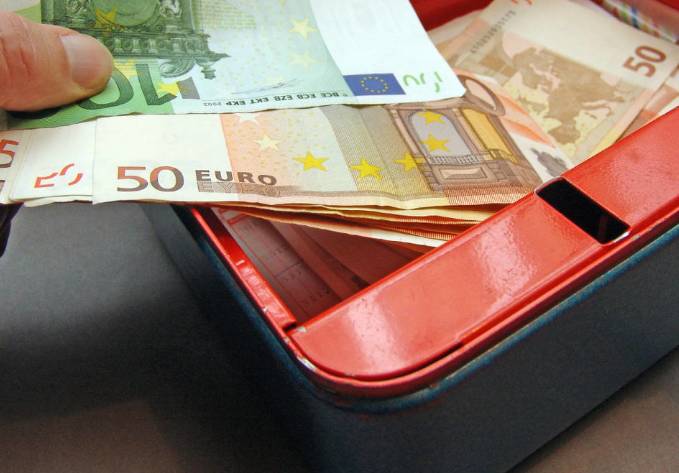Banks, insurance, trusts, funds, securities brokers, there are so many, so what exactly is finance? Today, let's use an article that is easy to understand to clarify this matter, so that everyone can understand the essence of it.
Level 1 Difficulty:
Suppose I have no money, but I want to open a pancake shop. What should I do if I don't have money? So I thought of my rich neighbor, Old Wang. I said, "Brother Wang, I want to open a pancake shop. Can you lend me 100 yuan? When I make money, I will pay you back with interest, 110 yuan in total." Old Wang thought about it and saw there was money to be made, so he was tempted. He lent me a hundred-yuan bill with a wave of his hand, becoming the start-up capital for my pancake shop, and the pancake shop was opened immediately.
This is the simplest version of finance. It seems simple, but it has actually summarized the essence of finance. "Jin" is money, "rong" is the integration and flow, and finance is the flow of money. It's about moving money to places where it can create more value. Old Wang got 10 yuan in interest, my pancake shop made money, and the general public could eat delicious pancakes. This simple 100 yuan made everyone's life better.
Level 2 Difficulty:
I continue to run my pancake shop, and the business is getting better and better. So I thought about opening a branch. Opening a branch requires more money, so I turned to the bank for a loan. The role of the bank is very important. It can pool the money of Zhang San, Li Si, and Wang Wu. Like my pancake shop, other people's steamed bun shops and rice shops can also borrow money from the bank. The bank can help money flow better and make resources more efficiently used. The bank itself can also earn a spread.
This version has added the intermediary bank, which has now developed very maturely. So everyone puts the money hidden at home in the bank to earn interest.
Level 3 Difficulty:
I continue to run my pancake shop. I frequently go to the bank for loans, and the bank is willing to lend me money because my pancakes sell well and the business is very good, which is a low-risk project. But one day, I suddenly wanted to research a magical pancake. Children who eat it can grow taller, and the elderly who eat it can be free from all diseases. This project sounds very risky just by listening to it. No one knows whether it can really sell well, but once it is successful, the profit is considerable. I went to the bank, and the bank thought the risk was high and was unwilling to lend me money. So what should I do?
That's right, I found my rich neighbor, Old Wang, again. I said to Old Wang, "Brother Wang, I have a big project and I want to partner with you. Although this matter has risks, the future is limitless. If we make money, we will split it 50-50." Old Wang thought it was not bad and could make a lot of money, so he decided to take the money out of the bank and invest in my magical pancake project.This is the third version of finance, where the money of those who hope for high returns and are willing to take on high risks flows to projects that are high-risk and high-reward. This is also known as equity investment.
Level of Difficulty 4:
At this stage, I continue to run my pancake shop, and the business is booming. As the business grows, I need more money for investment, but I can't find that many "Old Wangs" to invest in me. So, another type of intermediary emerges, such as a securities broker. The broker helps you find "Old Wangs". They have more professional people who package my pancake shop to look very high-end and find more "Old Wangs" to invest in my pancake shop. There is a significant difference between securities brokers and banks here. Banks lend me money to earn a spread, so they also bear the risk. However, securities brokers are more astute; they provide these services, connect enterprises with investors, and make a service fee by facilitating transactions.
Level of Difficulty 5:
At this stage, my pancake shop business has become very successful, and many ordinary people also want to invest in my pancake shop. I also need this money to operate, so I publicly issue the shares of the pancake shop to the public, allowing scattered retail investors to participate and become shareholders of the pancake shop.
What we hear about companies going public is probably this kind of thing. Exchanges like the Shanghai Stock Exchange, Hong Kong Stock Exchange, and New York Stock Exchange are all involved in this. Generally, it is the securities brokers who participate, and after a series of operations, my pancake shop goes public. This time, it's not looking for "Old Wang" but helping me with the listing. At this point, the idle money in the hands of retail investors can be used to participate. Everyone decides where to invest based on different risks and obtains corresponding returns. This is the fifth version of finance.
However, real life is much more complex. In real life, there are countless pancake shops, steamed bun shops, milk tea shops, and countless investors named Zhang San, Li Si, Wang Wu. There is a lot of interweaving and connection in the middle, and the entire financial system is particularly huge. The pancake shops, rice shops, Zhang San, and Li Si are not just individuals; they can also be investment institutions or companies. The business of a company is diverse and does everything.
Ordinary people contribute to the development of the financial system by depositing money in banks. When you deposit money in a bank, you become a bond investor. If you buy a company's stock, you become an equity investor.
But if you say you have money but are not a professional and don't know what to invest in, what should you do? At this time, another role emerges - the fund. A fund, in simple terms, is a collection of money from many people and then invests it into specific products, such as the public funds, private equity funds, pension funds, and so on that we often hear about. You invest your money in A, A invests in B, and B invests in C. It's very complex layer by layer, which is based on the risk you can bear and invests in different places to obtain different returns. This is a method of more reasonable and efficient allocation of resources.The financial system is as vast and complex as it is, with each individual playing a small role within it, coming and going, some making money and others losing it. It is hoped that everyone maintains a good mindset and strives to be the one who makes a profit.


